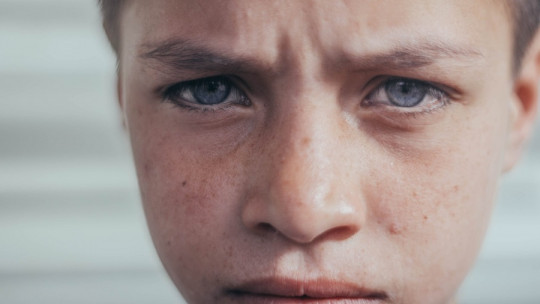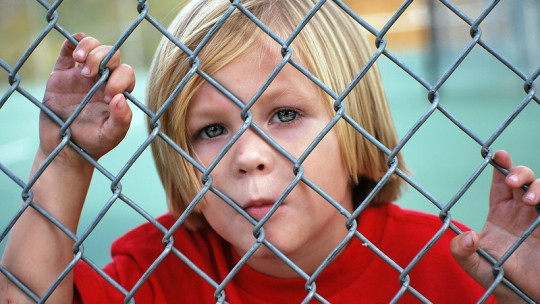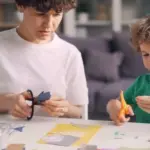Although the concept of “divorce” usually has negative connotations, it is no less true that for many people this process is not particularly painful; In fact, it can be experienced as a liberation, depending on the circumstances (even if there is a relatively good relationship with our partner).
Now, although these cases are not the most common, even less frequent are cases in which there are minor children involved and they do not have a bad time. In general, the little ones in the house tend to feel bad when this breakup becomes official and it becomes clear that they will not live with their parents in the same way that most children do.
That’s why, If you are a father or mother who has gone through or is going to go through a divorce and want to give psychological support to your children during this event, keep reading Here we will review the key ideas to take into account.
How can I support my children during my divorce?
There is no way to fully protect our children from the psychological distress triggered by parental divorce; These kinds of feelings are part of their way of interpreting the world and your family, and trying to completely suppress any trace of emotional pain is not only realistic, but hardly legitimate: it would imply completely controlling their mind.
What we can do as parents is give them the necessary tools to assimilate that event in the best way and accept it in the best possible way, helping them not to enter into dynamics of self-sabotage and dysfunctional management of emotions.
In cases where children feel very bad about mom and dad’s divorce, it is best to turn to a psychologist. But in other cases, it may be enough to adopt certain parenting and communication strategies with them. Let’s look at several of them below.
1. Explain what is happening, showing that you care about how they feel.
For better and for worse, His parents’ divorce is part of his life, so you have to act accordingly and explain what is happening This explanation does not have to be very detailed and must be adapted to the level of understanding you have according to your age, but it is important that it contains basic information on how you will live from that moment on and what the treatment between your children is like. parents.
2. Make it clear to him that it is not his fault
When their parents divorce, many boys and girls believe that they are partly to blame. That is why it is important to reassure them and make them see that this is not the case, and even that It is not good to think in terms of guilty people who must “pay.” for what was done.
3. Show him or her that you are there for him or her, and that hasn’t changed
For many children, it is hard to see how their parents go into an emotional crisis for the first time and feel sad and down for a while, something that can happen in the event of a divorce.
Even in situations like this, it is important that you let him know that They should not feel responsible for your well-being, and that you continue to have the role of protective figure that gives them love and all the resources they need to move forward. In the same way, you can convey the message that even adults go through moments of emotional discomfort, that this is completely normal, and that this does not mean that you cannot get out of those kinds of potholes.

4. If you have a conflictive relationship with your ex, do not involve your child
In the event that you do not have a good relationship with your ex-husband or ex-wife, It is important that you do not involve your son or daughter in that fight Without completely hiding the fact that the treatment is not characterized by affection and mutual understanding (doing so could generate frustration and disappointment), the ideal is for you to be clear that the conflict is between the two of you, and that it is not a war in which to choose sides. If not, you will be adding reasons to feel bad, finding yourself in a very complicated situation.
5. Propose the idea of attending psychotherapy
It is good that you suggest the possibility of going to a psychologist even if he is sad but in your opinion he is not having a bad enough time to seek professional help. You may be trying to suppress your feelings pretending to be better than they are, and in these cases, giving them the opportunity to let themselves be helped is the best.
Do you need professional psychological help?
If you are going through an emotional crisis related or not to the family environment, I invite you to contact me I am a psychologist federated by the FEAP with more than 20 years of experience helping people. I offer face-to-face sessions in my office in Seville and also online sessions by video call.









